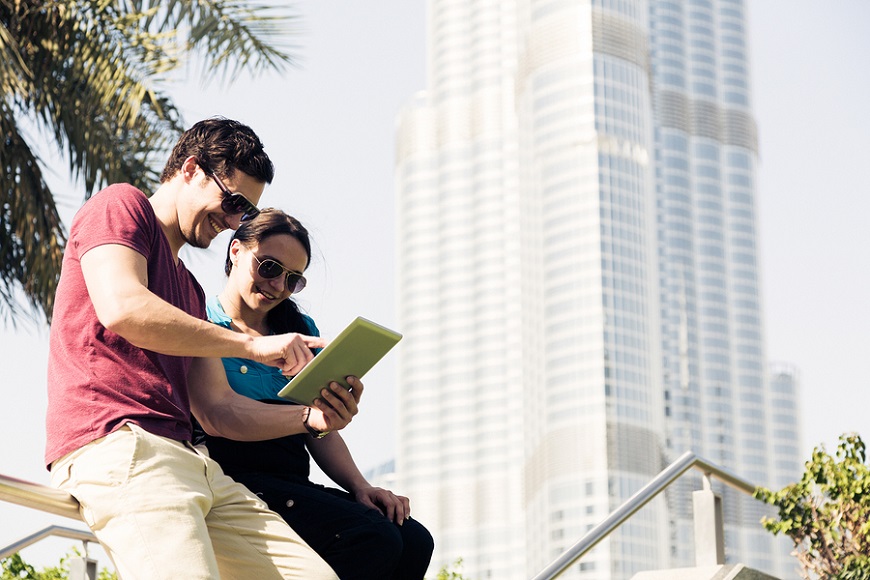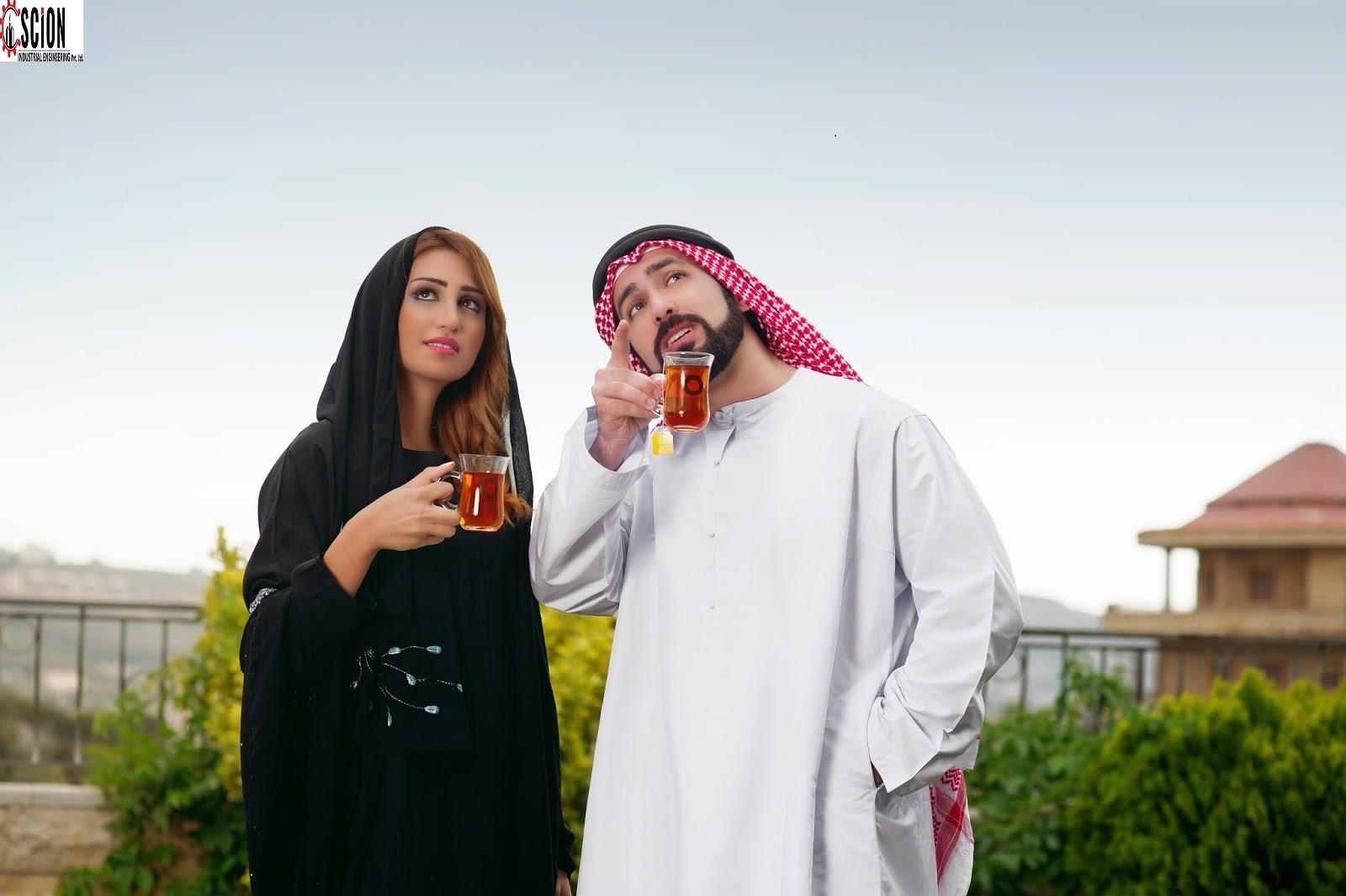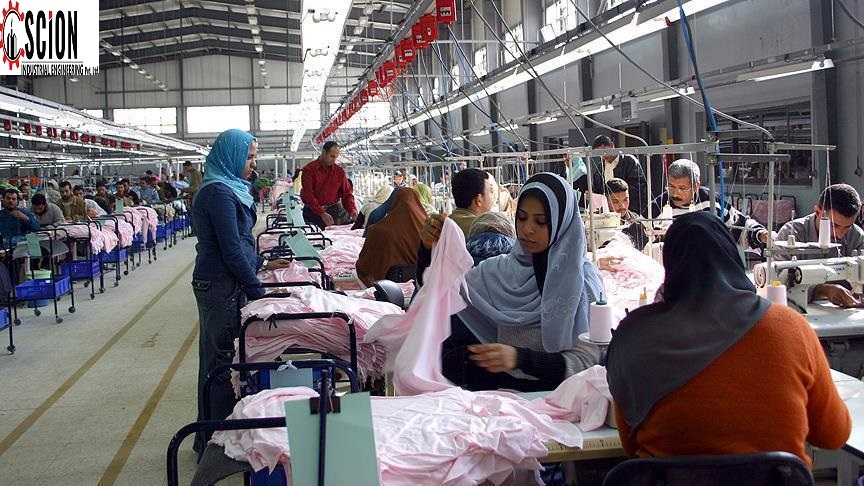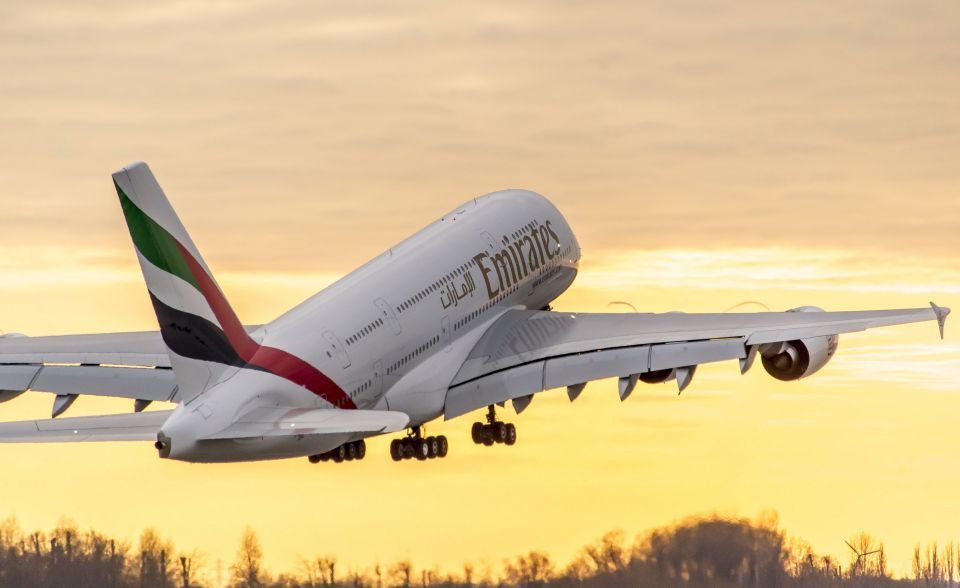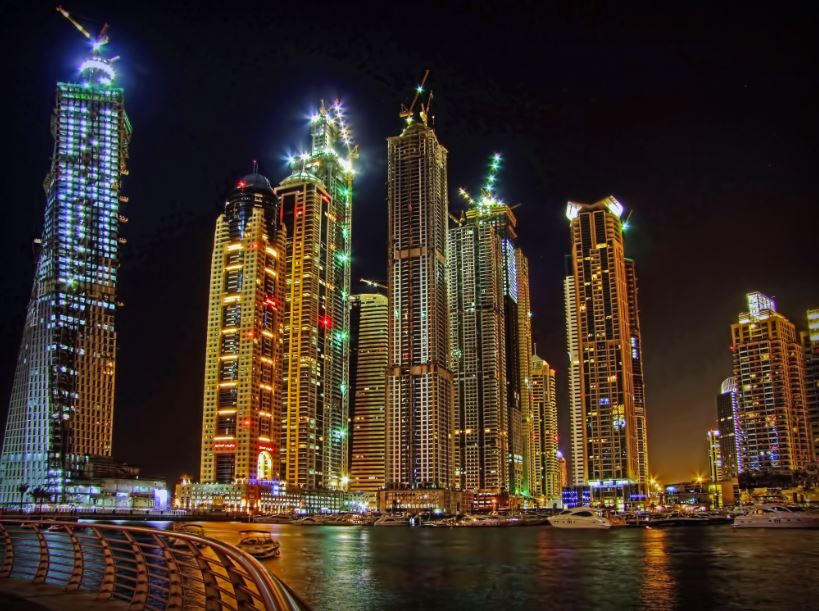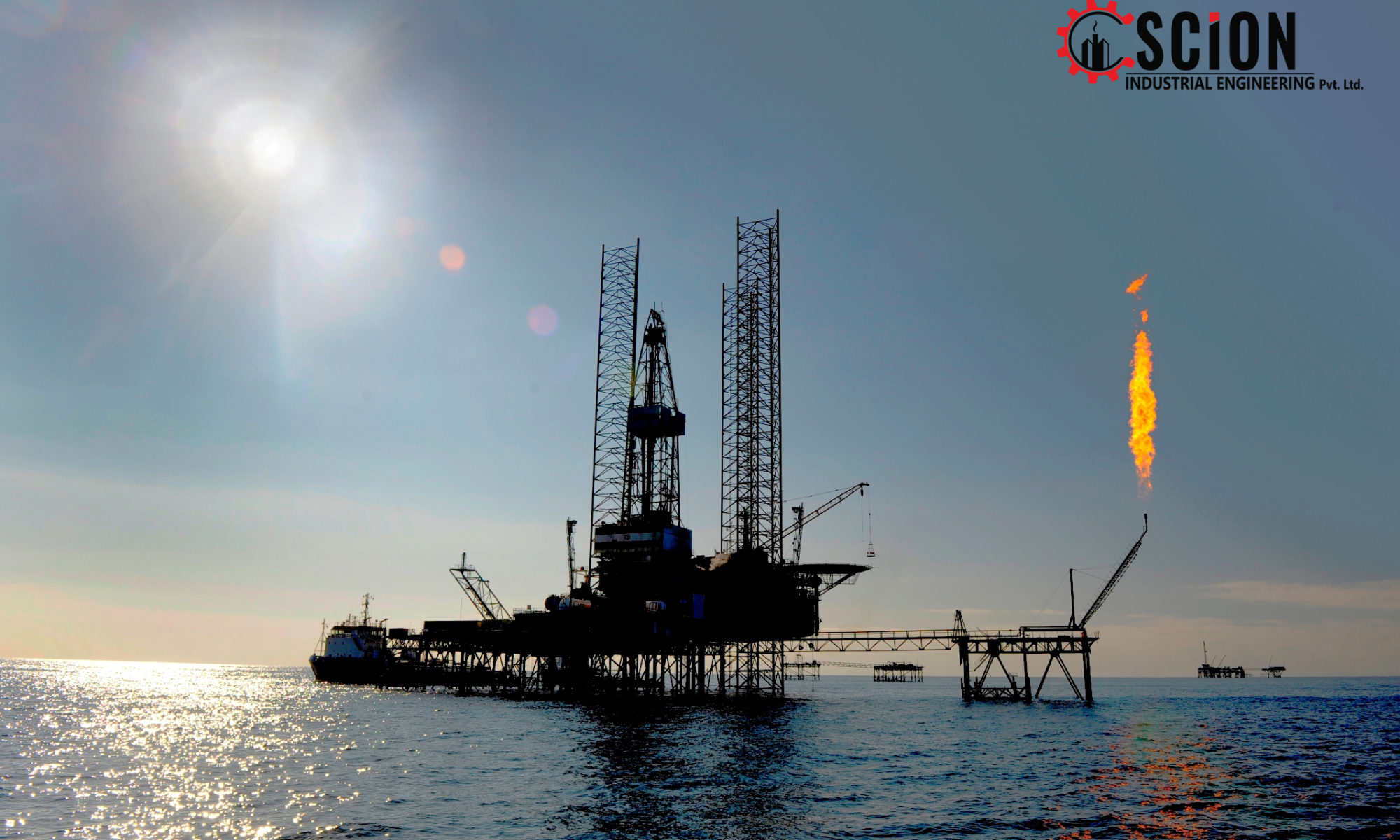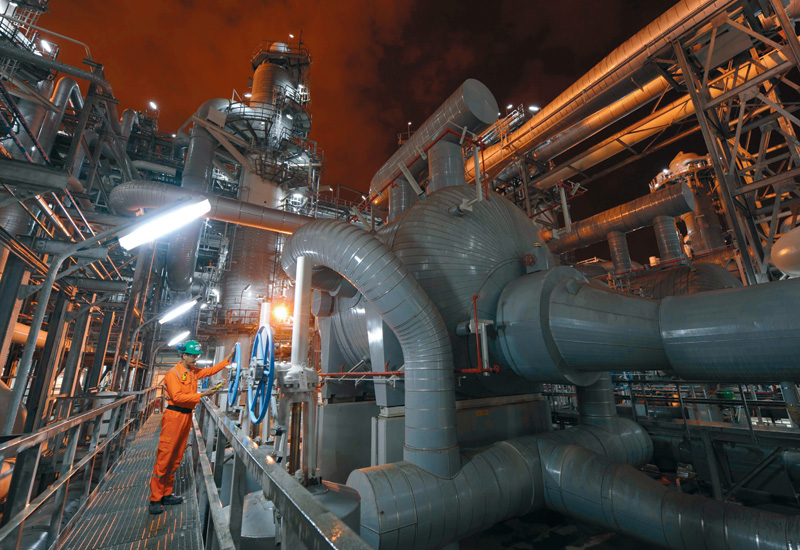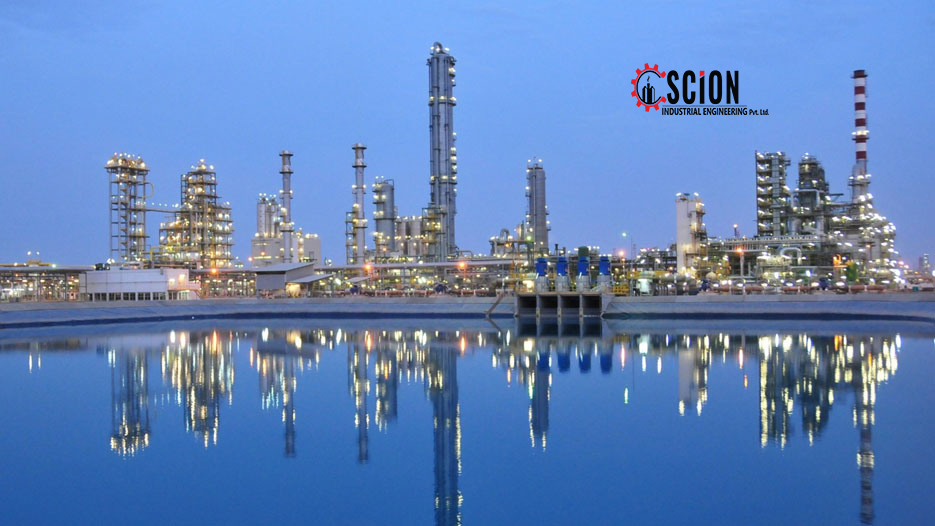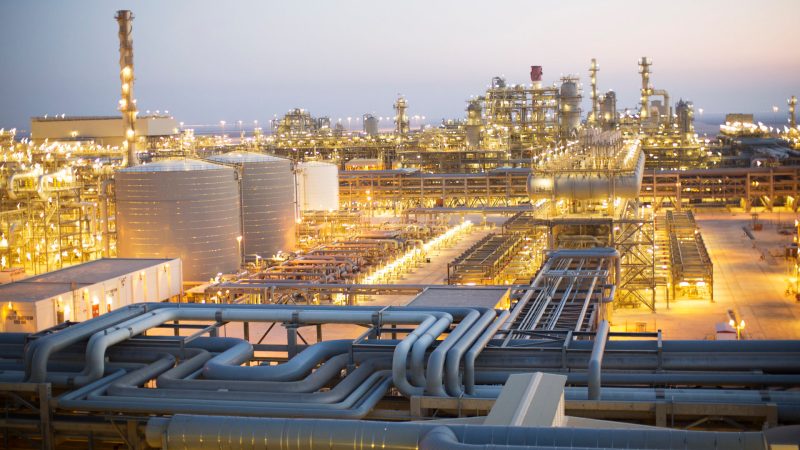It will be small comfort for the founder of The Abraaj Group that HM Prison Wandsworth now serves a choice of cereals with milk for breakfast rather than plain porridge.
Arif Naqvi, the man behind the world’s largest private equity insolvency case, was arrested at Heathrow Airport on April 10 on charges of defrauding US investors, including the Bill & Melinda Gates Foundation.
Inside a 10ft by 6ft cell with pale yellow walls, the once respected Dubai tycoon awaits possible extradition to the United States.
The bleak surroundings of the UK’s largest jail – famous for housing Britain’s “most violent prisoner” Charles Bronson and organised crime leader Ronnie Kray – are a far cry from the swanky environs of Naqvi’s sprawling luxury properties dotted across London’s Knightsbridge, Oxfordshire, Bedfordshire and Dubai’s Jumeirah.
Hard to believe that just 12 months earlier, this was the same prized leader of the firm that at one point managed $14bn in assets and was often pictured shaking hands and sharing stages with the likes of Bill Clinton, Richard Branson and Bill Gates.
Known for his silver tongue and fearless attitude, Naqvi came into the private equity industry “by accident” when he quit what he called a “prestigious” Saudi business. The reason?
“One day I just went to my boss and said, ‘I want to leave.’ And he said, ‘I think you’re being a bit presumptuous. You’re very young. You can have any job in this group that you want. Which one would you like?’ And I said, ‘Well chief, you can’t offer me what I really want… I want your job,’” he told Yale School o
He then used $50,000 in savings to start an investment firm, Cupola in Dubai, before purchasing another business-services company, Inchcape Middle East in 1999, selling it off for a total of $173m, and founding Abraaj in 2002.
From then on, the only way was up for Abraaj. Its limited partners were reporting an impressive 17 percent annual return. In the years of 2014 and 2015 alone, it saw as many as 13 full exits realise a whopping $450 million.
Naqvi had his 300-plus staff working in local offices in 25 countries from Kenya to Kazakhstan. Agriculture, electricity, aviation, technology, education and even ice cream – you name it, Naqvi had a hand in it.
Harvard Business School professor Josh Lerner called him “a decade-plus ahead” of others in understanding investment potential in developing markets, he told Forbes in 2015.
The magazine itself said Abraaj had a track record that developed-world money managers “would kill for”.
Aramex founder Fadi Ghandour, once a close friend of Naqvi’s, said Abraaj “not only improved the ecosystem, it created the private equity industry in the Middle East.”
But according to US charges, Naqvi was not the only star player in the rise – and fall – of Abraaj. Around 5,566km away in the Metropolitan Correctional Center in New York City, sits his long-time friend and Abraaj managing partner Mustafa Abdel-Wadood.
The financier and co-founder of the Young Arab Leaders non-profit organisation joined Abraaj in 2006, after hugely successful spells with the Orascom Construction, Sigma Capital and EFG Hermes. He quit Abraaj a year ago to start “a new life” with his own London-based private equity operation, his close friends tell Arabian Business.
Instead, Abdel-Wadood was arrested at a hotel in the city while on a trip to shop for elite schools for his son. Officers used mobile geotagging to secretly record phone calls, meetings and “millions” of documents and computer files before locating and detaining him, the Assistant US Attorney told Bloomberg.
Like Naqvi, Abdel-Wadood is now facing US charges for allegedly defrauding investors. He pleaded not guilty and was due back in court at the time this article went to press.
The Egyptian known for being “friendly and down-to-earth” has found his new incarcerated surroundings a world away from his previous lifestyle.
A source close to Abdel-Wadood, 49, says he often threw parties on a “massive, three-story, 90ft yacht called Caramel” which he “always parked in front of the Royal Mirage” swanky hotel in Dubai.
When he was not partying on board the vessel, he was hosting gatherings at his Emirates Hills villa.
“Abdel-Wadood once threw a party for his 40th birthday at his house and invited around 300 people, and everyone was just in awe of it. Chandeliers, top-of-the-range everything… It was just beautiful,” the source said.
The managing partner was also known for his love of cars, and owned a Lamborghini and BMW i8, according to the source.
He had “so many contacts”, the source said, that he “probably made an airline hold a plane for 20 minutes at Heathrow in London so that he can board.”
But last week, instead of catching flights, Abdel-Wadood was shacked up in the same prison that housed notorious Mexican drug lord Joaquin “El Chapo” Guzman, Gambino crime family boss John Gotti and Russian weapons trafficker Viktor Bout.
The 12-storey building, which is situated near New York’s City Hall, is connected to the nearby federal court by a tunnel located 12-metres below street level.
And while friends contacted by Arabian Business describe Naqvi and Abdel-Wadood as “completely different characters”, they now both have one thing in common: a federal indictment.
Assistant US Attorney Andrea Griswold said last week at a hearing in a federal court in Manhattan that from about 2014 until the collapse of Abraaj, Naqvi and Abdel-Wadood “together with others, devised and carried out a scheme to defraud investors by (a) depriving them of accurate information about material aspects of Abraaj’s financial health, including information critical to investment decisions, and (b) misappropriating investor funds for illicit purposes,” the Grand Jury charges state.
In total, Abraaj inflated the valuations of investments in private equity funds “by more than half a billion dollars,” the charges state, causing “at least hundreds of millions” of investor funds to be misappropriated, either to “disguise liquidity shortfalls or for their personal benefit or that of their associates”.
Abraaj had represented itself as a pioneer of impact investing that promoted social progress, for example, by investing in hospitals in developing countries.
Naqvi was personally known as the face of Middle East private equity, with his family having established the non-profit Aman Foundation trust to focus on health, nutrition and education in Pakistan.
He famously criticised “the West” for referring to Middle East and Asian markets as “emerging,” claiming that it is “patronising” and that the markets have “already emerged”. He called them “growth markets” instead.
Naqvi was also known for encouraging local investors to invest in their local communities. In an on-stage interview alongside Virgin Group founder Richard Branson at the Skoll World Forum 2014, he said “you can’t be driving a Range Rover through Soweto [in South Africa] without doing something about Soweto as well.”
The founder was even the recipient of numerous awards including the Oslo Business for Peace Award and Sitara-i-Imtiaz, a civilian honor awarded to him by the government of Pakistan.
But behind Naqvi’s seemingly inspiring world, “in truth, Abraaj was engaged in a massive fraud,” Griswold told the court (Reuters).
Abraaj began to unravel last February when four investors in its $1bn healthcare fund alleged mismanagement of funds and hired consultants to investigate the matter.
Things were about to get worse. Abraaj had planned to sell a stake in Pakistani utility K-Electric to Shanghai Electric in March 2017, which would have raised several hundred million dollars, but the transaction was delayed due to regulatory hurdles.
By this point, the firm’s foundation was shaky. Fees earned from managing investments between 2014 and 2017 at some points barely covered half of costs, according to figures from the liquidator’s report.
The company is currently in provisional liquidation, working to pay down an estimated $1bn of debt. Investigators are trying to locate investors’ money, with allegations of Abraaj swapping capital between funds to plug cash flow gaps.
The Dubai Financial Services Authority (DFSA) is also leading an investigation into Abraaj’s activities in the UAE and beyond.
Bryan Stirewalt, chief executive of DFSA, told The National he is hopeful it will conclude “within a reasonable time frame”, and that a report of the findings will be made public afterwards.
The DFSA also confirmed “it is communicating with the US Securities and Exchange Commission with whom it has a long-standing mutual assistance relationship,” the Dubai regulator said in a statement.
Both Naqvi and Abdel-Wadood deny any wrongdoing, with the latter having hired “star lawyer” Benjamin Brafman to defend him. The American criminal defense attorney and founder of Manhattan-based firm Brafman & Associates is known for representing high-profile defendants including celebrities, Mafia members, political figures and most recently, former film producer Harvey Weinstein.
Naqvi, a few days before his arrest, claimed those who knew him “don’t have a bad word to say about me,” he told The National.
With the case likely to take months – if not years – to come to court, both men will have plenty of time to reflect on their meteoric rise to the top, and sudden fall from grace.
As the world’s biggest private equity insolvency case continues to unravel, it remains to be seen whether the directors will be remembered as pioneers – or prisoners.
Source:https://www.arabianbusiness.com/banking-finance/418113-the-rise-fall


